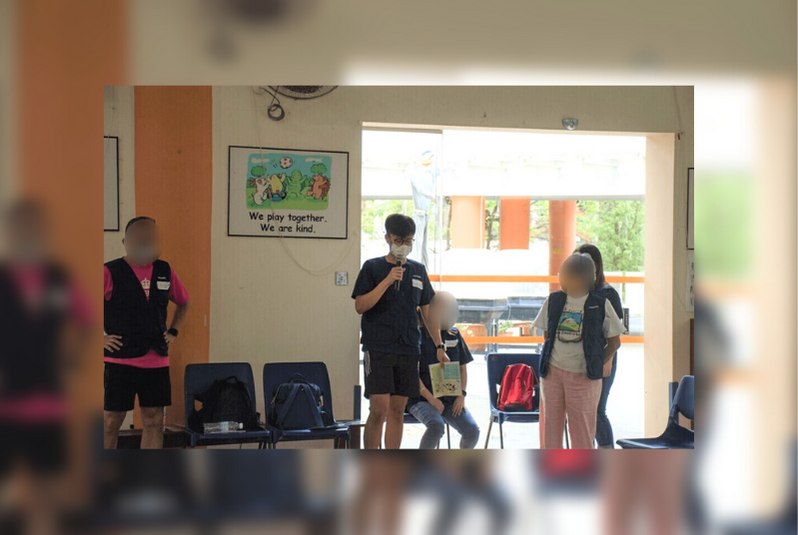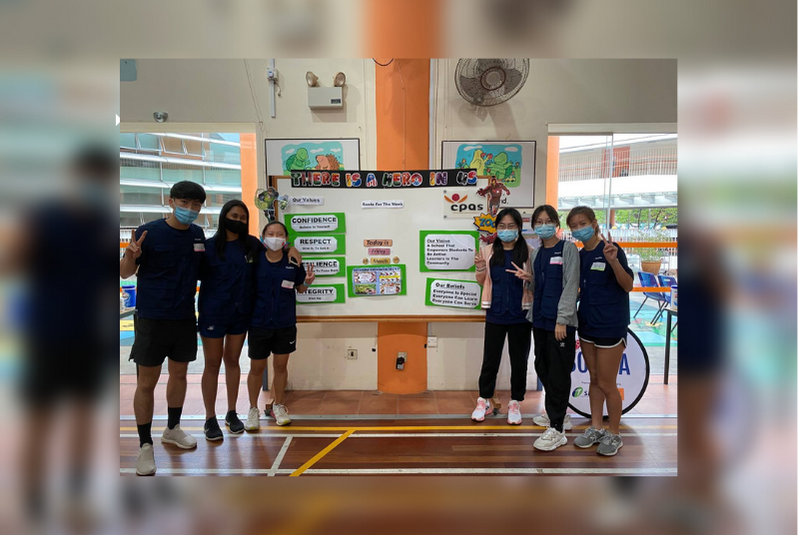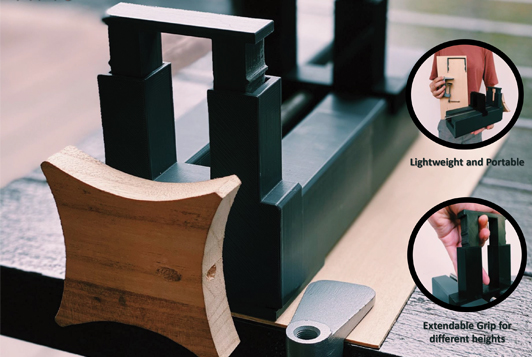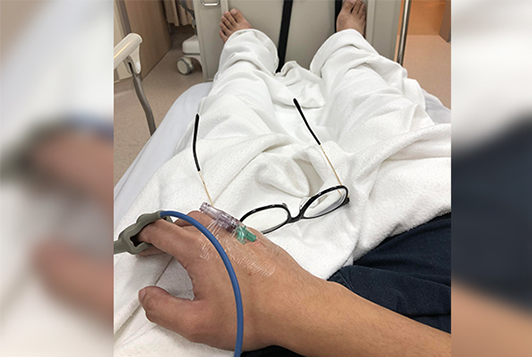With the aim of building awareness leading up to the Tokyo 2020 Paralympics, seven Year 3 Students across four NUS faculties – NUS Business School, Faculty of Science, Faculty of Computing and Faculty of Engineering, partnered with Singapore Disability Sports Council (SDSC) to introduce Boccia, a Paralympics sport, to young children and elderly with disabilities.
More importantly, through the use of Boccia, Wong Si Min Levyn, Kenneth Koh Tze Kuan, Felicia Tay Pei Yi, Yee Woon Hao Gerald, S Sonia, Zhang Manman and Zhou Yunong sought to promote the social inclusion of PWDs by bringing sports to the community and making it more accessible as part of their Seed of Good Programme (SOGP) project.
Boccia is currently practiced in more than 50 countries by players with cerebral palsy or significant physical disability. Played head to head, in pairs or teams of three, each side has six balls (red or blue) and the main aim is to get the balls closest to the target ball, known as a jack. It is a game that requires precision, focus and accuracy where players need a high degree of physical coordination and mental foresight.
Together with SDSC, the team organised Boccia Training Workshops to impart basic Boccia knowledge to staffs from Senior Activity Centres and Early Intervention Centres. The staffs will then bring the knowledge back to their respective centres and use Boccia to engage young children and elderly with disabilities. The team conducted two workshops earlier in March this year.

According to the project team, introducing Boccia’s fundamentals to the centres’ staff, was just the tip of the iceberg to making sports more accessible to the community. Beyond enabling the community to enjoy Boccia as a game, the project team’s vision is that their initiative enhances the community’s quality of life through better physical and mental wellbeing derived from engaging with the sport
A particularly memorable moment was having the privilege to interact with the Singapore boccia athletes during one of the training sessions. The athletes shared their personal journeys on how they were introduced to the sport and the various challenges and obstacles they had to overcome to do what they love and compete for the nation. Staying optimistic despite all they had been through, Kenneth (Year 3, Faculty of Computing) expressed “a huge amount of respect for showing us the true definition of strength and mental resolve for fighting on so hard”.
It was also uplifting for the team to know that ActiveSG has committed to upgrading facilities and providing training to sports centre staff to make sports facilities more accessible. Subsequently, SDSC hopes to organise a Boccia Championship with a community category for recreational players, allowing more PWDs to participate in competitions.
As emphasised by Levyn (Year 3, Faculty of Science), “PWDs should not be defined by their disabilities, nor should people sympathise with their circumstances. Instead, it is more important and respectful to empathise with PWDs so as to empower PWDs to have a high quality of life”. Hence, while there are efforts targeted at encouraging inclusive sports in Singapore, a higher awareness of inclusive sports and higher PWDs engagement rates are important to empower PWDs and bring about social inclusion.
| Interested to start a community project of your own to build a more inclusive society? Check out OSA’s Community Engagement (CE) website for useful resources and tools. |
| For more information, drop email to community.engagement@nus.edu.sg |
Share:
Contributor
Office of Student Affairs, Community Engagement







